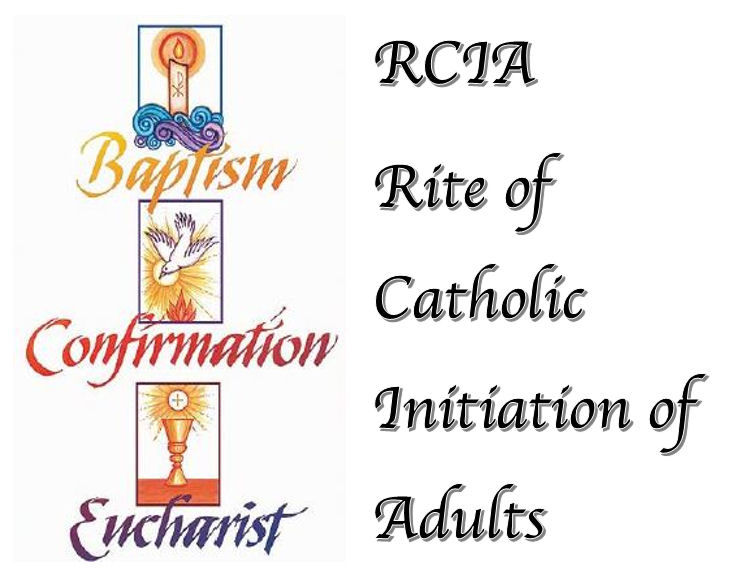Why I Joined RCIA by Anonymous Holy Name Cathedral Chicago, IL
- Profiles in Catholicism
- Jun 21, 2018
- 2 min read

In retrospect, it's hard to say what made me walk into RCIA in the first place. There were plenty of reasons why such a thing should never have occurred to me. For one thing, I'd been an atheist since the age of eleven; for another, I prided myself upon being empathetic and logical, two qualities that I thought stood starkly at-odds with organized religion in general, and the Catholic church in particular. I clung to this notion despite the significant presence that Catholic institutions had played in my life. Not only did I earn my Bachelor's degree from a Jesuit university, but the only reason I could afford to attend graduate school was because I won a scholarship reserved for graduates of parochial universities. Because I thought that I knew exactly what I was, I never stopped to ask myself what any of this meant. Even though I loved reading the philosophy and theology I'd been assigned at that Jesuit university, I told myself that mine was a thoroughly secular appreciation. As I read the works of theologians, and allowed my beliefs about the world to be shaped by their teachings, I remain staunchly convinced that I couldn't plausibly be a Christian. That wasn't for people "like me." Even now, I don't know what changed. But the more I read, the less reason I saw to stay away from church. I first began going as an experiment, to see if I would "feel" anything -- and then I kept going, and kept going, and kept going, and was eventually unable to stay away. Instead of causing a complete transformation, RCIA made me realize that many of the things I'd valued about life were best reflected and expressed in the Catholic Church.
